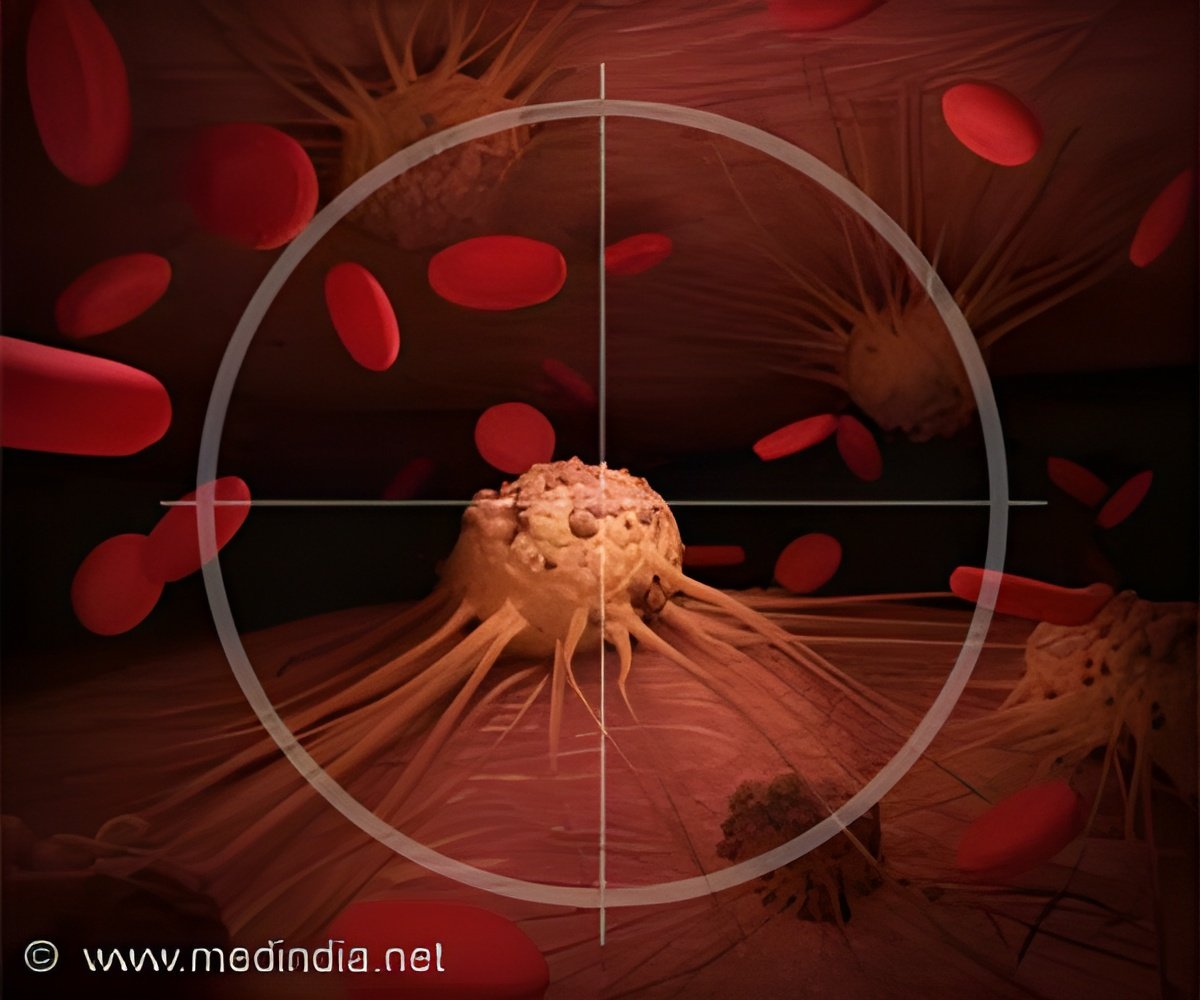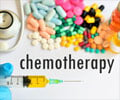Silver-based anti-cancer drug has been discovered by researchers in South Africa. The effective induction of cell death by a silver(I) thiocyanate 4-methoxyphenyl phosphine complex in a malignant esophageal cell line seen in this study has been reported by recent research.

- Novel chemotherapy drug that can kill cancer cells effectively has been developed.
- It is based on silver(I) thiocyanate 4-methoxyphenyl phosphine complex.
- First generation silver(I) phosphines are known for their promising anticancer activity.
"The UJ3 complex is as effective as the industry-standard drug Cisplatin in killing cancer cells in laboratory tests done on human breast cancer and melanoma, a very dangerous form of skin cancer, as well. However, UJ3 requires a 10 times lower dose to kill cancer cells. It also focuses more narrowly on cancer cells, so that far fewer healthy cells are killed,” ," says Professor Marianne Cronjé, Head of the Department of Biochemistry at the University of Johannesburg.
Chemotherapy with less side-effects
The new drug, UJ3, is much less toxic than current chemotherapy drugs and requires a much lower dose.
According to Professor Reinout Meijboom, Head of the Department of Chemistry at the University of Johannesburg, rat studies have shown up to 3 grams of UJ3 can be tolerated per 1 kilogram of bodyweight which makes it as toxic as Vitamin C.
If UJ3 becomes a chemotherapy drug in future, there will be lower dosage, lesser toxicity, and more impact on cancer cells. Thus, this will reduce treatment side-effects.
UJ3 appears to target the mitochondria, resulting in programmed cell death to kill cancer cells - a process called apoptosis. When a cancer cell dies by apoptosis, the result is a neat and tidy process where the dead cell’s remains are "recycled", not contaminating healthy cells around them, and not inducing inflammation.
Certain existing chemotherapy drugs are designed to induce apoptosis, rather than "septic" cell death which is called necrosis, for this reason.
UJ3 targets this need for energy, by shutting down the "powerhouses" of a cancer cell, the mitochondria. The complex then causes the release of the "executioner" protein, an enzyme called caspase-3, which goes to work to dismantle the cell’s command center and structural supports, cutting it up for recycling in the last stages of apoptosis.
See microscope images of human esophageal cancer cells treated with the UJ3 complex.
Unusual compounds for novel cancer treatment
Since UJ3 complex and the others in the family are based on silver, the starter materials for synthesizing the complex are far more economical than a number of industry-standard chemotherapy drugs based on platinum.
"These complexes can be synthesized with standard laboratory equipment, which shows good potential for large scale manufacture. The family of silver thiocyanate phosphine compounds is very large. We were very fortunate to test UJ3, with is unusually ’flat’ chemical structure, early on in our exploration of this chemical family for cancer treatment," says Prof Meijboom.
References:
- Zelinda Engelbrecht, Reinout Meijboom, Marianne J. Cronje. The ability of silver(I) thiocyanate 4-methoxyphenyl phosphine to induce apoptotic cell death in esophageal cancer cells is correlated to mitochondrial perturbations, BioMetals http://dx.doi.org/10.1007/s10534-017-0051-9
Source-Medindia














